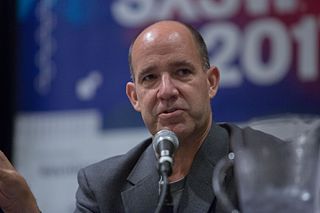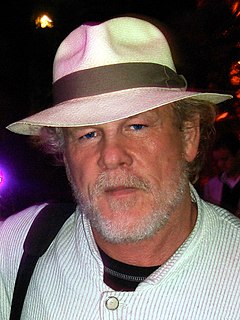A Quote by Jonathan Haidt
In accounts of men in battle, there is an incredible adrenaline rush from group-versus-group conflict. The fervor and passion of partisans is clearly rewarding; and if it's rewarding, it involves dopamine; and if it involves dopamine, then it is potentially addictive.
Related Quotes
You start doing the addictive behavior to feel good and then your receptors get overloaded with dopamine, then you stop doing the addictive thing and some of the receptors have shut down and you don't have enough dopamine to feel good. So then you feel bad and go back to the addictive behavior to get more dopamine. The strange thing is that it works with what we think of as uppers and downers and whatever you call gambling - sidewaysers.
Science has learned recently that contempt and indignation are addictive mental states. I mean physically and chemically addictive. Literally! People who are self-righteous a lot are apparently doping themselves rhythmically with auto-secreted surges of dopamine, endorphins and enkephalins. Didn't you ever ask yourself why indignation feels so good?



































